Bone treatment
Bone treatment
Bone treatment
Bones are the part of the body where prostate cancer spreads (or metastasizes) most often. More specifically, cancer cells can spread to the spine, pelvis, ribs, arms, and thigh bones. These are then referred to as bone metastases.
If prostate cancer spreads to the bones…
- It can make your bones more fragile. Ask your doctor what you can do to help keep your bones strong and which medications can assist you.
- It can cause considerable pain. Medications and radiotherapy sessions can help alleviate the pain caused by cancer that has spread to the bones.
Zoledronic acid (Zometa)
Zometa is a medication belonging to the bisphosphonate family. It is used to:
- Reduce the excessive amount of calcium in the blood (tumor-related hypercalcemia).
- Prevent or delay bone complications during surgery or radiotherapy aimed at relieving pain, preventing bone destruction, and uncontrolled bone growth associated with cancer spreading to the bones.
Denosumab (Xgeva)
Xgeva is the first agent of a new class of drugs that prevents the stimulation of cells that weaken bones, leading to bone fractures.
- It has been effective in preventing bone complications associated with metastases.
- It reduces the risk of developing cancer-related complications such as fractures and/or bone pain requiring surgery or radiotherapy.
- It has also been highly effective in reducing bone loss (i.e., preventing osteoporosis) caused by medical castration, as well as reducing the risk of fractures associated with this bone weakness.
Risks and Complications
Osteonecrosis of the jaw (ONJ)
Serious complications affecting the jawbone can occur with the use of these medications. It is recommended to consult a dentist and undergo necessary dental interventions before starting treatment.
Osteonecrosis of the jaw includes numbness or heaviness of the jaw, poor healing of the gums especially after dental interventions, tooth mobility, bone exposure in the mouth, mouth pain, tooth or jaw pain, dry mouth, swollen or infected gums, bad breath.
Kidney Damage
Kidney damage can occur suddenly (acute side effect) or develop gradually.
Contraindications
These medications should not be used in individuals with severe kidney disorders or low blood calcium concentration.
Zoledronic acid (Zometa)
- Zometa is administered by infusion into a vein over a period of at least 15 minutes. The dose is usually 4 mg. If you have kidney problems, your doctor may prescribe a lower dose based on your kidney function.
- It will be administered to you every 3 or 4 weeks. If you need to undergo antineoplastic treatment (therapy that blocks the growth of cancer cells), Zometa will be administered to you before or after this treatment.
- You will also need to take a daily oral calcium supplement of 500 mg and a multivitamin containing at least 400 IU of vitamin D.
- If you have a history of high blood calcium levels or if your blood calcium level increases too much during treatment with calcium and vitamin D supplements, your doctor may advise you to stop taking these supplements.
Denosumab (Xgeva)
- Xgeva is administered as a single 120 mg injection under the skin (subcutaneously) once every four weeks.
- The injection can be given in the upper arm, upper thigh, or abdomen.
- It can be administered by a person trained to give subcutaneous injections.
Side Effects
Each patient reacts differently to treatments for bone metastases: some have many side effects, while others have very few. Here are some examples of side effects experienced by patients who have received zoledronic acid or denosumab. These reactions, usually mild, will likely disappear quickly. Talk to your healthcare team about the effects you are experiencing so they can best help you manage them.
Possible effects of zoledronic acid
- Bone/joint pain
- Flu-like symptoms
- Fatigue, fever, headaches
- Loss of appetite, weight loss
- Skin reactions (redness and swelling) at the injection site
Possible effects of denosumab
- Diarrhea, nausea/vomiting
- Fatigue
- Weakness
- Skin reactions (redness and swelling) at the injection site
Don’t delay
If you experience any of the following serious side effects, talk to your doctor immediately:
- Denosumab sometimes causes hypocalcemia, which is a decrease in blood calcium levels. This can manifest as tetany, tingling, muscle stiffness, contractions, spasms, or muscle cramps.
- If you notice any dental abnormalities, such as a loose tooth or gum problems (pain, swelling).
- If you notice a skin infection with a swollen, red, warm, and tender area of skin, sometimes accompanied by fever (cellulitis).
- If you have eye problems (redness and/or pain and inflammation in the eyes, excessive tearing).
- Intense bone, joint, or muscle pain, sometimes debilitating, as well as drowsiness, irregular heartbeats (atrial fibrillation), difficulty breathing with wheezing or coughing, lung disease, severe allergic reaction, and rash accompanied by itching.
Additional Information - Treatment options

Advanced prostate cancer treatments strategies
Strategies for treating advanced cancer have significantly evolved, offering new options and hope for patients.

Prostate Cancer Study Results Summaries (2023 ASCO-GU)
Summary of clinical trial results on promising prostate cancer research.

Advanced Prostate Cancer Triple Therapy Study Results (2023 ASCO-GU)
Clinical trial results on triple therapy for advanced hormone-sensitive prostate cancer.

Expert Opinion: Prostate Cancer and Hormone Therapy
What you need to know about hormone therapy and how to manage the side effects of this treatment.
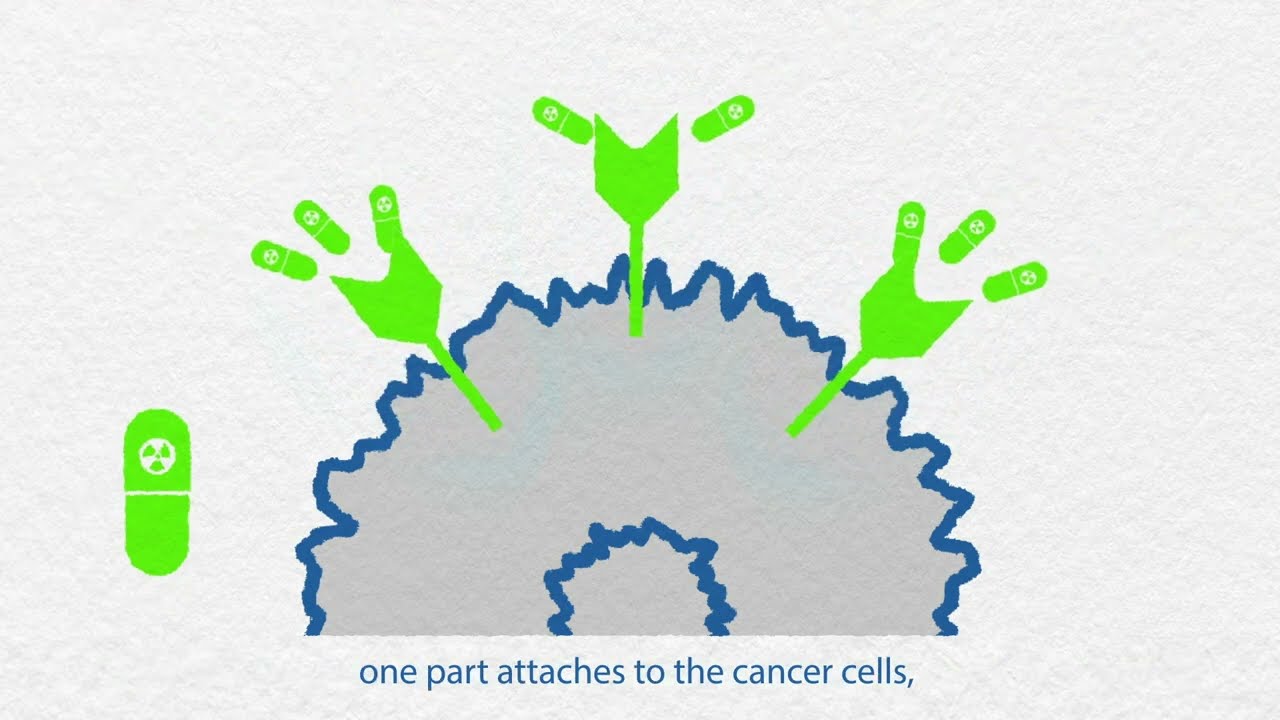
Prostate cancer and nuclear medicine
What about nuclear medicine? Is it suitable for your situation?
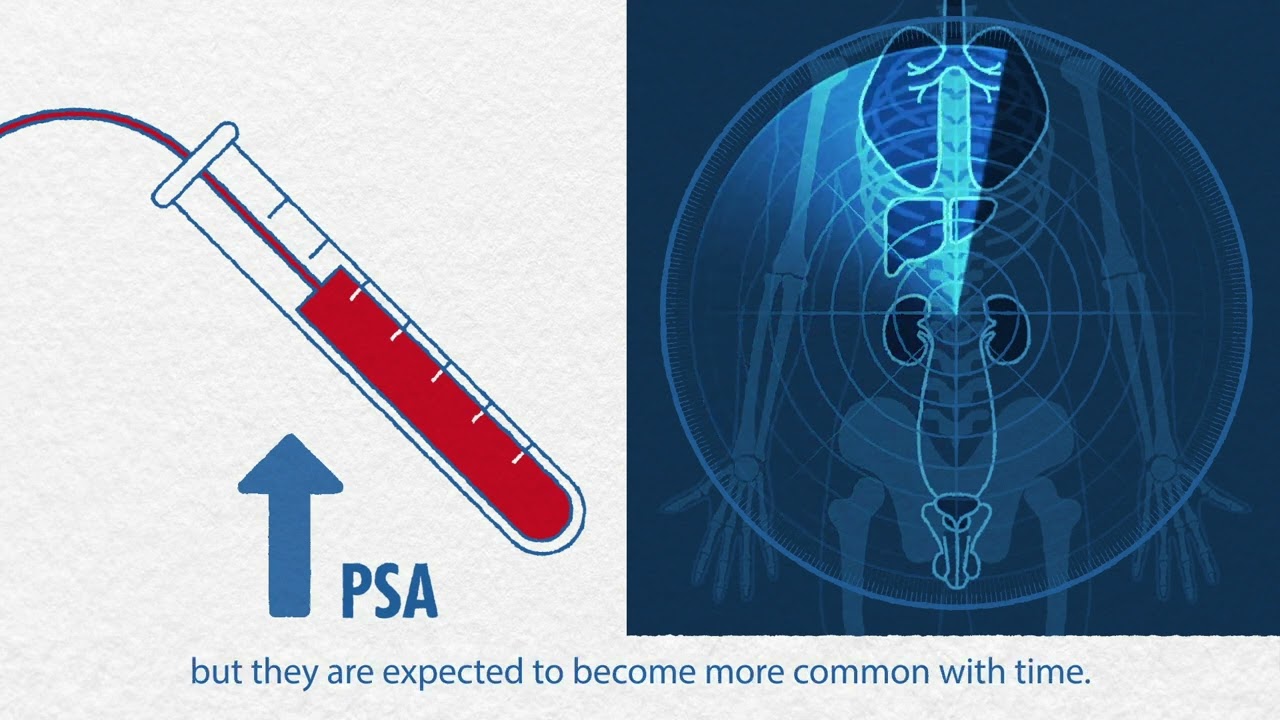
Nuclear imaging technologies
Has your doctor suggested prostate imaging tests? Explore options like PSMA PET scans.

Targeted therapy and inherited mutations
If you have a specific genetic mutation, you could benefit from new targeted treatments.
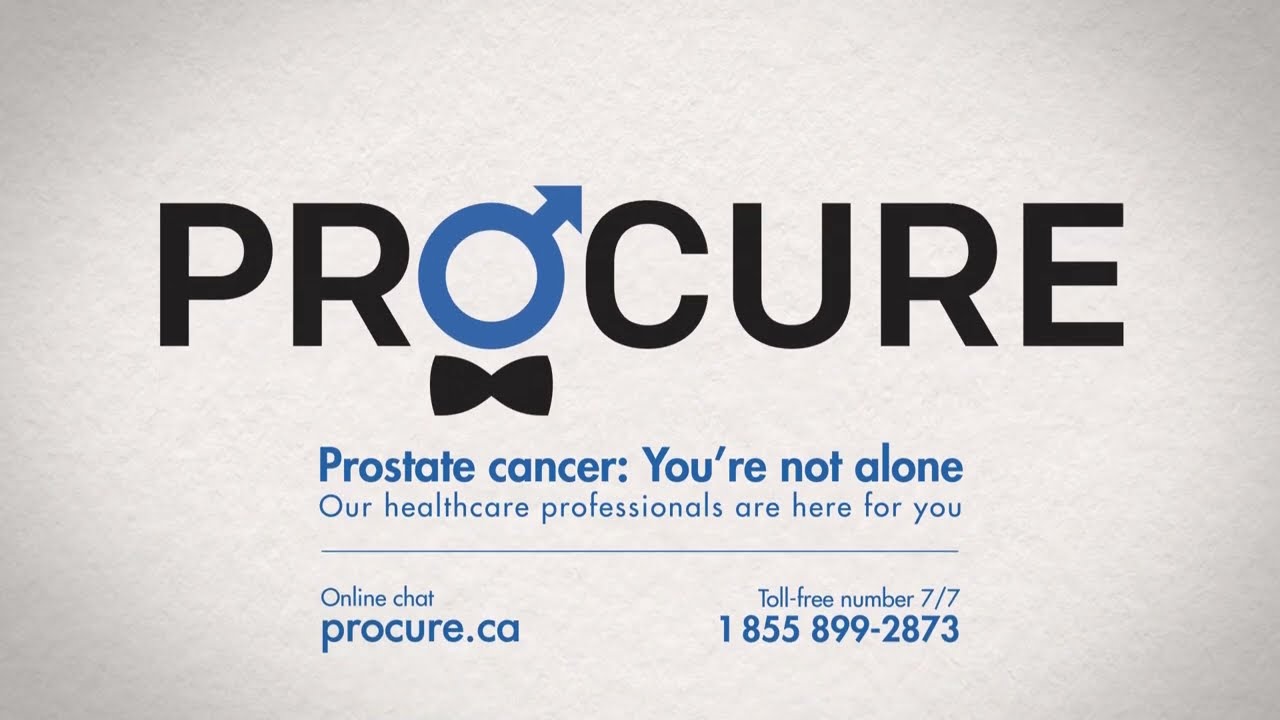
States of prostate cancer following treatment
Do your recent tests show an increase in PSA levels? It could indicate a recurrence.
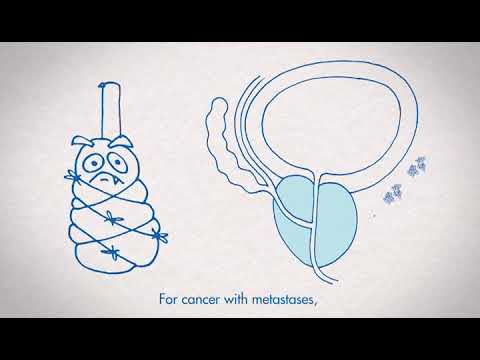
The role of hormone therapy
Has your doctor recommended hormone therapy? This video is for you!

Advanced prostate cancer treatment strategies
Strategies for treating advanced cancer have significantly evolved, offering new options and hope for patients.

Advanced prostate cancer treatment
Advanced prostate cancer encompasses various conditions, including metastatic, recurrent, and hormone-resistant forms, each raising different questions and concerns.
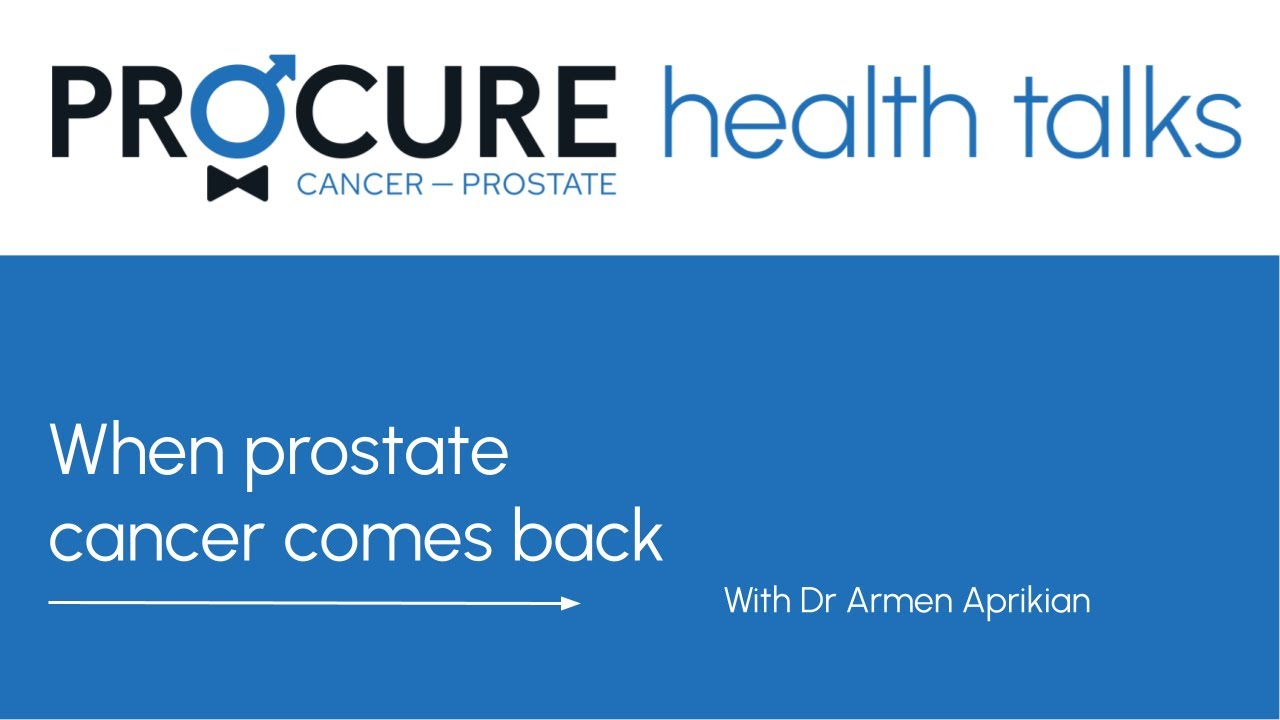
When prostate cancer comes back
A recurrence is when the cancer returns after treatment. The main question is, “What’s next?”
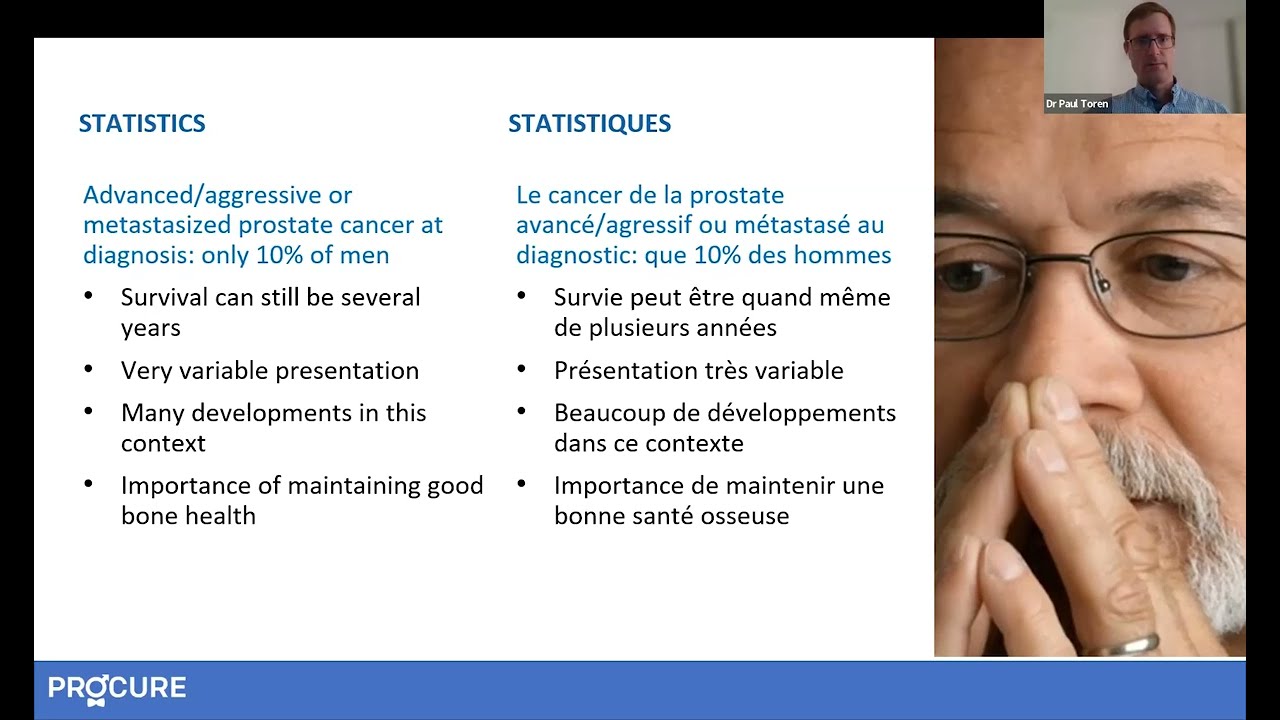
How to treat advanced prostate cancer
Advanced prostate cancer encompasses various conditions, including metastatic, recurrent, and hormone-resistant forms, each raising different questions and concerns.
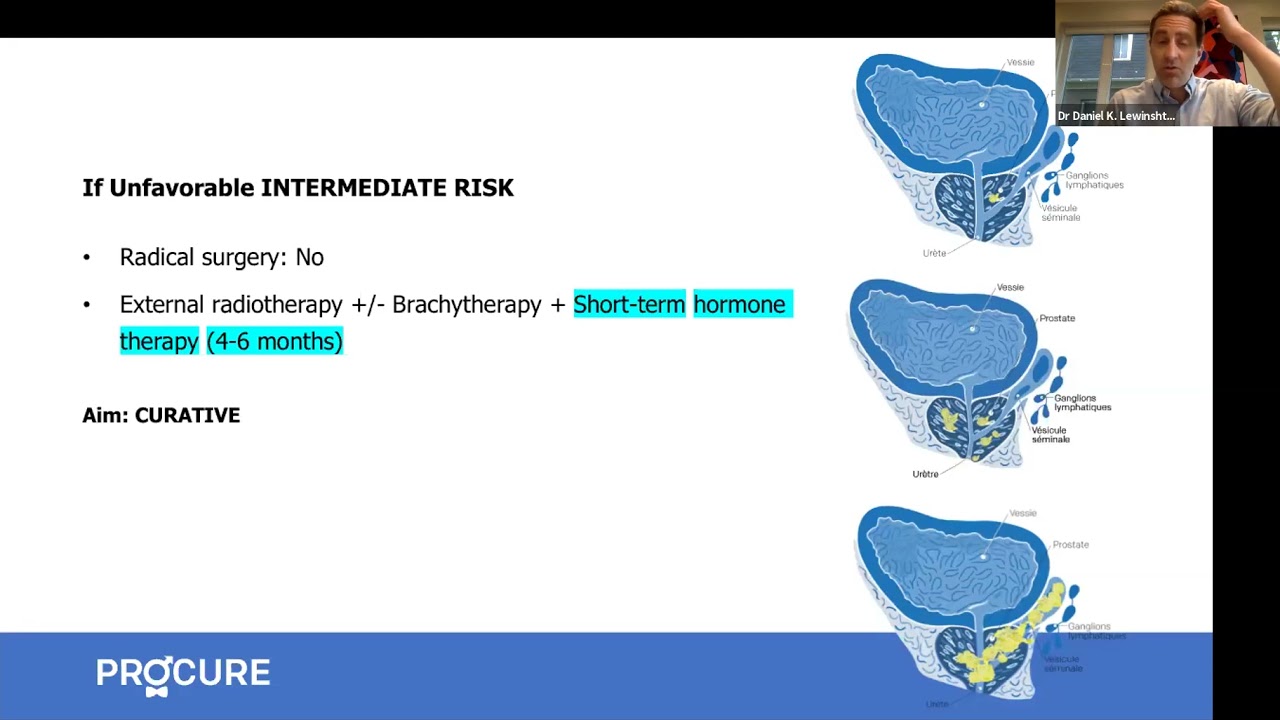
All about hormone therapy
Hormone therapy can reduce tumor size, control cancer, and prolong life. Is it the right treatment for your cancer?

Q-A – New therapies for advance prostate cancer
In this interview, we answer patients’ questions about new therapies for advanced prostate cancer.

Living Fully, Drinking Moderately
Benefits of Drinking Less and Flavourful Recipes to Guide You Are you aiming for a healthy start to the year by reducing or completely abstaining from alcohol? It can be challenging, especially when many of our social activities revolve around drinking, such as “Happy Hours” or going to a bar with friends for a sporting […]

Rediscovering Well-being After Treatments
After completing treatments, people often feel a mix of concern and relief. The main focus during this transition is rediscovering well-being.

Do you have a curved penis?
Is your penis curved? Does it curve to the left, right, upward, or downward? You have a curved penis and you or your partner want to know why?

Orgasm without erection?
It is entirely possible for a man to achieve orgasm without an erection or penetration and there are several ways to achieve this.

Simple and easy-to-make healthy recipes
Regardless of the season, why not take the opportunity to cook simple and easy-to-make healthy recipes that are rich in nutrients beneficial for your heart and prostate?!

Fresh start with new habits
We don’t have to wait until January 1st to make a fresh start and adopt new habits. This decision can be made at any time during our life.

Does warm milk help you sleep better?
Can a glass of warm milk help you sleep better in the arms of Morpheus? The Rumor Detector wondered if the research has confirmed this.

I am a little bit diabetic
My doctor informed me that I am a little bit diabetic and that I will have to make important changes to my lifestyle.

Caring for your bones in 5 points
Nicknamed “the silent thief” due to the absence of symptoms, osteoporosis is often only detected at a more advanced stage following a fracture.
Sources and references
Last medical and editorial review: April 2024. See our web page validation committee and our collaborators by clicking here.



